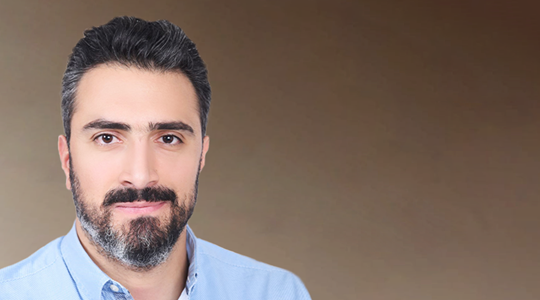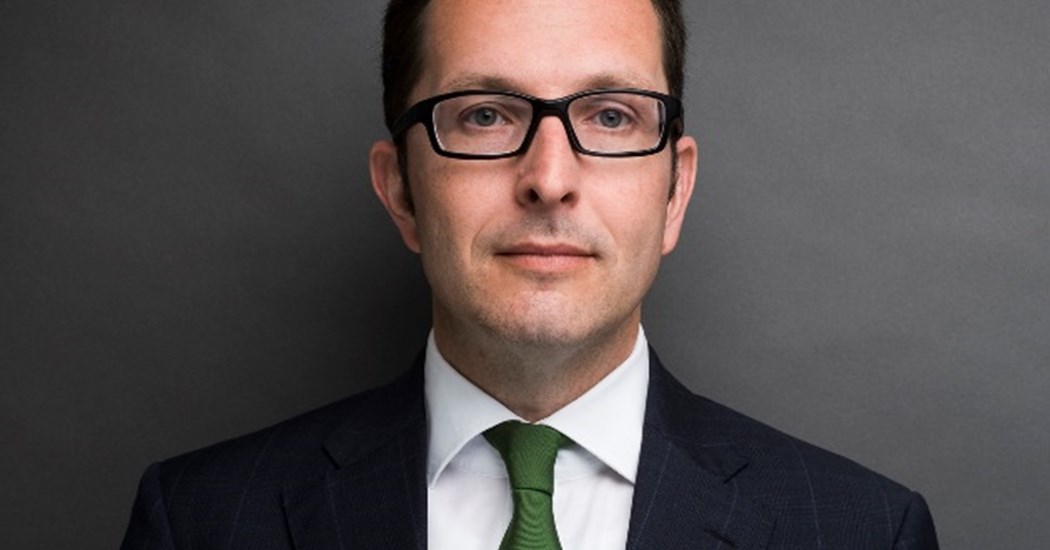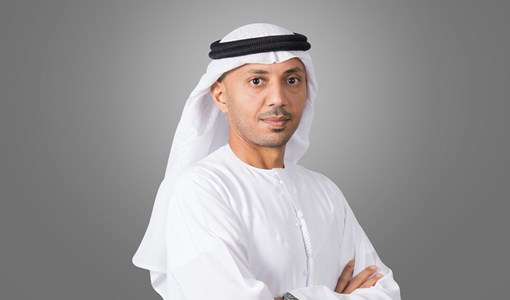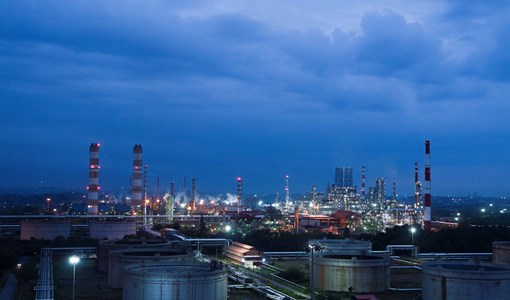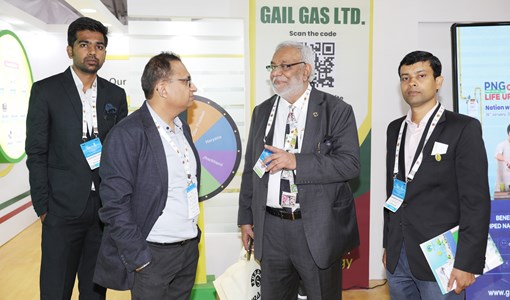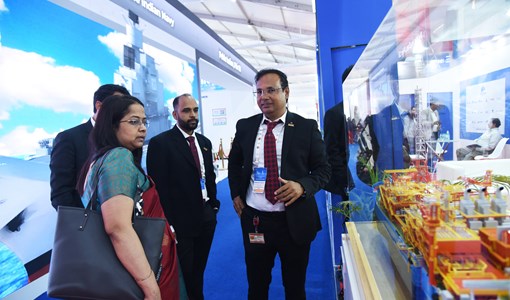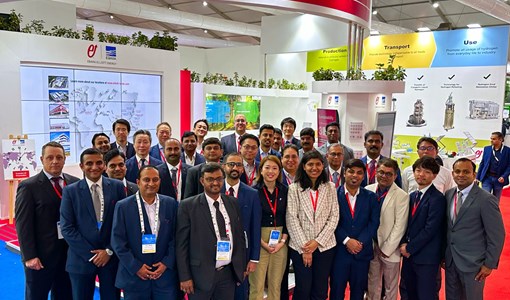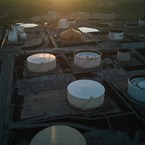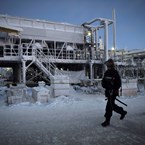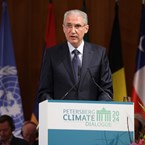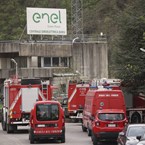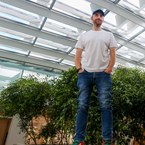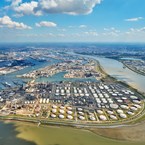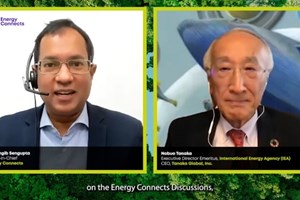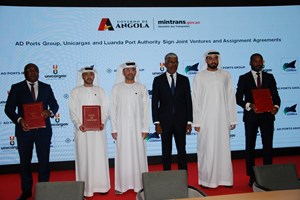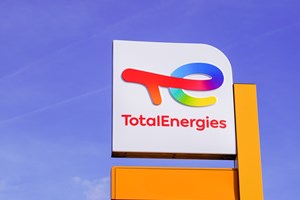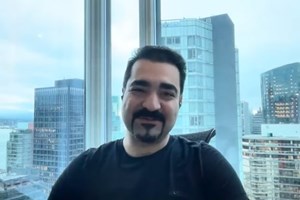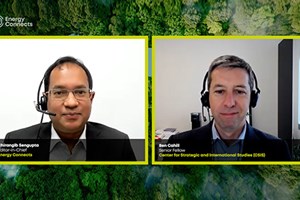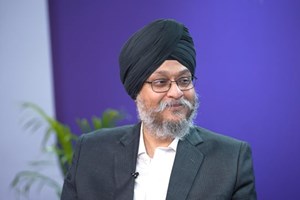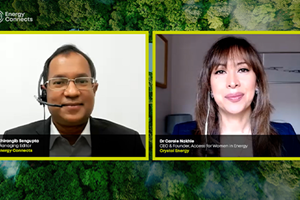Wintershall Dea strong growth trajectory
Wintershall Dea Chairman of the Board and CEO Mario Mehren sat down with Pipeline Magazine’s Julian Walker in Abu Dhabi just before ADIPEC to talk about the merged company’s high visibility in terms of growth in production and geographical reach
The merger of two of Germany’s main energy companies that finally took place in May this year created “the leading European independent gas and oil company,” said Mehren, the CEO of the merged entity.
He explained that in some ways it fills the void left when BG Group was taken over by Shell.
“On one side we are a gas and oil company heavily weighted on gas as our portfolio is 70 per cent gas. In terms of size, last year we produced roughly 590K boe/d and we have set ourselves a target to reach around 750K by 2023. We are looking to add 25 per cent of production in five years, which is significant growth and importantly we can do this out of our existing portfolio. This is not wishful thinking – the growth is based on projects that have a name and most of them have FID taken on them.”
It was clear listening to Mehren that he has a clear strategy for where Wintershall Dea should be going and he explained how the merger was key to company’s growth plans.
“Our strategy is high visibility in terms of growth and the merger was a game changer for Wintershall and DEA as it helped create this bigger company that makes it clearer to partners all around the world that we are a meaningful player but at the same time flexible enough and agile enough to respond faster and quicker to challenges. We see ourselves as smarter rather than just bigger.”
Mehren feels that the new company is still agile enough to adapt capabilities that it has in one area and bring it into another area if needed.
“With our production target - we have an organisation of about 4,000 people that is not too big. We can bring the right people together to solve a problem. We also have a good network and major shareholders that give us good backing.”
Core values aligned
Whenever two companies combine there will always be issues with synergy. Mehren talked at length about how both the German companies had a lot in common and right from the beginning of the process it was clear they both had a lot of common values.
“One of the reasons why we thought from the very beginning that this is working out is that we have a very similar heritage and history. DEA is 120 years old and Wintershall is 125 years old. We started out at more or less the same time. We were both based in Germany and associated with the energy sector. We were backed by big blue chip German companies. We have also been working together for decades. Our first international cooperation was in 1954 in Peru and our partner was none other than DEA. We have been working together on the biggest field in Germany, Mittelplate, for over 30 years. We both owned 50 per cent each of the field and now it is 100 per cent as Wintershall Dea. This is significant firstly it is the biggest German oilfield but it is also within a UNESCO projected world heritage area, so environmentally it is very sensitive. It is an artificial island and it is an installation where we have a zero discharge policy in place.”
According to Mehren, having worked together in the past is very significant and will allow both firms to bring past experiences together.
“This is one of the reasons we liked being awarded a share of ADNOC’s Ghasha project which is very similar to Mittelplate. The Abu Dhabi field is a UNESCO biosphere area, we are going to be building artificial islands and we are going to talk about zero discharge policies. I think we can bring our joint experience to bear on this project,” pointed out Mehren.
Bigger portfolio
One of the most obvious changes that has come about with the merger is the expanding of the firm’s portfolio geographically and in terms of assets.
“On one side we have a broader portfolio, which is good as we now cover more countries. Coming from the Wintershall legacy what is new is Mexico, Algeria and Egypt. I think this is good as each region you are active in brings in new capabilities and this allows us to strengthen our global portfolio,” said Mehren.
He added: “Coming from the Wintershall legacy business our North Africa business was basically Libya and we know Libya is not the easiest place to do oil and gas business today. So adding Algeria is good and the Reggane Nord project is exciting. Egypt has so much potential and we have operated oil activities in the West Nile Delta project with BP. This is quite exciting and we see growth there. The Raven gas field is scheduled to come on stream by the end of the year. This is the first sign of the growth our projected new production target is already beginning to arrive.
“North Africa is an exciting region for us and we are, of course, hoping for improvement in Libya. If I look into Egypt it is somewhere Wintershall was not able to get a foothold, but now we do. In Algeria, we have good standings with Sonatrach and we now have an asset.”
Asia not in focus
Outside the core markets that Wintershall Dea is in, Mehren touched briefly on the opportunities in Asia, but explained why they will not be looking for active assets in Asia.
“We are looking at Asia and I think markets in the East are the decisive markets for energy and gas demand. We are not actively looking at asset partnerships in Asia and that is because we need to focus on the markets we are strong in and not be everywhere.
“We want to be meaningful where we operate. We are going to be number four in Argentina, number three in Norway and we are already number one in Germany and we are the biggest foreign producer with direct asset participation in Russia. It matters to us to be significant in geographies where we are.”
Importance of ADNOC’s Ghasha project
One of Wintershall Dea’s most important projects in the Middle East region is taking place in Abu Dhabi where Wintershall was awarded a 10 per cent stake in the Ghasha ultra sour gas concession.
“In Abu Dhabi we have the Ghasha project with ADNOC and our partners Eni, OMV and now Lukoil. We are now staffing up our Ghasha office here in Abu Dhabi and we are bringing both Wintershall and former DEA people on board. We can already see how we can use the extended capabilities we have across the newly merged organisation and these are of benefit to our projects. We are also already sending our secondees into ADNOC.”
“The project work for Ghasha has started and as of October we know we have a new partner in Russia’s Lukoil, which is exciting as it is our long-term partner in Russia who we have worked with since early 1990s.”
According to Mehren, Ghasha is a complex asset.
“It has its challenges. It has many fields and reservoirs but, at the same time, it is a huge resource and potential. If we make best use out of the vast capabilities that all the partners can bring to the table it will demonstrate new ways to work in the oil and gas industry and make use of all of the capabilities of each and every one involved in the project”
Mehren added that he is very happy with the way this concession has been working so far and he is convinced that it will continue to be great.
“We have always said we are long-term investors in Abu Dhabi and we have had a strategy here which we have stuck too. We have been patient and we have demonstrated to ADNOC that we can add value to this project and that is the reason why we are in. We are proud about this.”
Importance of gas
Gas is going to play an increasingly important role in the energy mix going forward and will be a key component in helping the energy transition come about.
“I am very comfortable with our mix of 70 per cent gas and 30 per cent oil ratio. I think gas is one of the most important driver in terms of reaching climate targets. Gas is needed to help meet energy demand. It is needed in the UAE and one of the reasons why Ghasha is being developed is that Abu Dhabi wants to increase significantly its gas production. I am very bullish for gas. We will strive to be a company that is gas and oil.
“We are well positioned for the energy transition. We must not forget the growing energy demand and this needs to be satisfied and being a gas and oil company is good in terms of energy transition.”
Positive outlook
Mehren said he is quite positive about the outlook for the industry for Wintershall Dea.
“I think our gas weighted portfolio means we are in a position to deliver on energy transition. I feel we can meet our growth targets and we have a low cost portfolio which will help us in the future in case of any volatility. We have a high visibility in terms of growth and we don’t need to rush into any kind of M&A.
We will work on reducing our own energy emissions and I think there are a lot of interesting technologies out there like CCS to hydrogen. I think there is a lot of demand for our products but also our capabilities.”
Embracing digitalisation
Mehren ended his interview by touching on what Winterhsall Dea is doing in the digitalisation sphere.
“Digitalisation is extremely important and we are quite active in this field as Winterhsall Dea. We have around 50 pilot projects that we are currently working on. We have a number of lighthouse projects as well. We are working in different areas. One is efficiency and you can start using algorithms to do standard tasks. We are looking at the small stuff which can be applied immediately. Have an idea, test it, and if it is good implement it and, if not, go on to the next idea. This is the basis of our pilot schemes.”
This interview first appeared in the November issue of Pipeline Magazine
KEEPING THE ENERGY INDUSTRY CONNECTED
Subscribe to our newsletter and get the best of Energy Connects directly to your inbox each week.
By subscribing, you agree to the processing of your personal data by dmg events as described in the Privacy Policy.
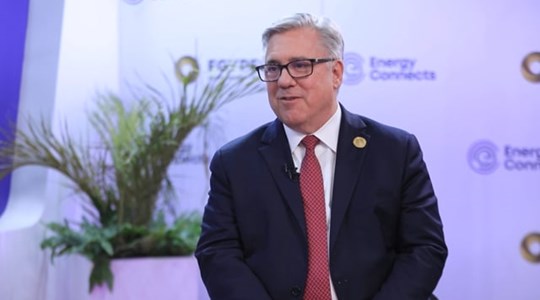
Chevron helping drive Egypt’s journey to become Africa’s energy powerhouse
Mar 11, 2024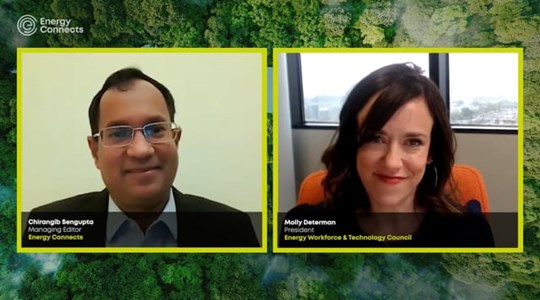
Energy Workforce helps bridge the gender gap in the industry
Mar 08, 2024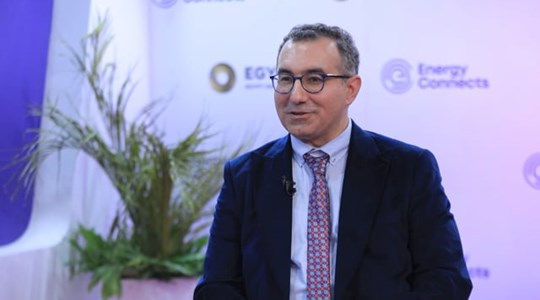
EGYPES Climatech champion on a mission to combat climate change
Mar 04, 2024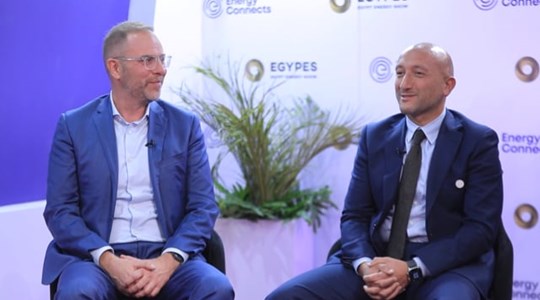
Fertiglobe’s sustainability journey
Feb 29, 2024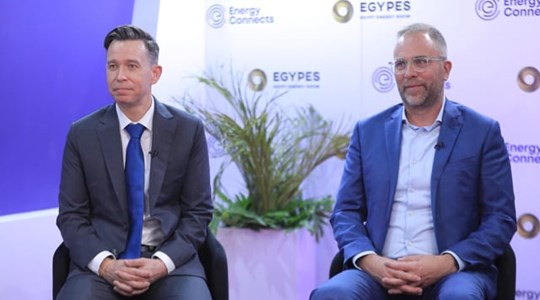
P&O Maritime Logistics pushing for greater decarbonisation
Feb 27, 2024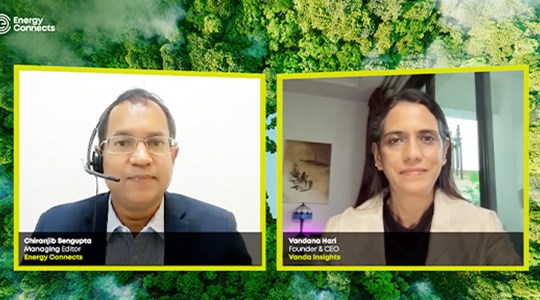
India’s energy sector presents lucrative opportunities for global companies
Jan 31, 2024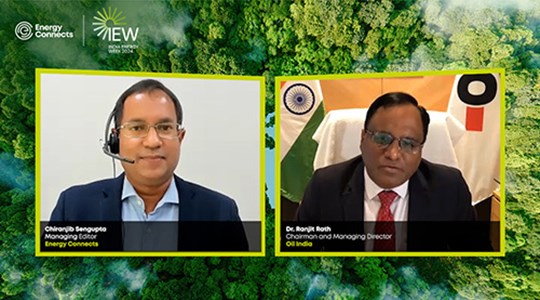
Oil India charts the course to ambitious energy growth
Jan 25, 2024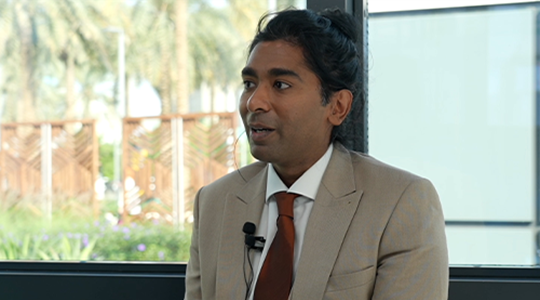
Maritime sector is stepping up to the challenges of decarbonisation
Jan 08, 2024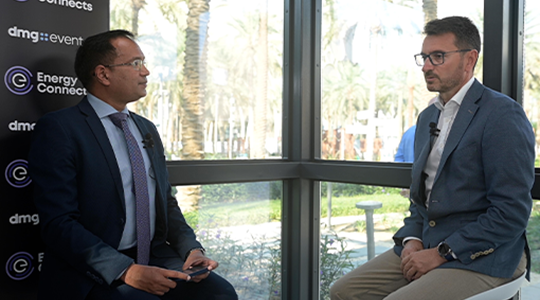
COP28: turning transition challenges into clean energy opportunities
Dec 08, 2023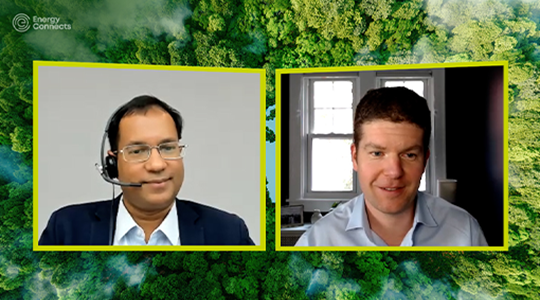
Why 2030 is a pivotal year in the race to net zero
Oct 26, 2023Partner content
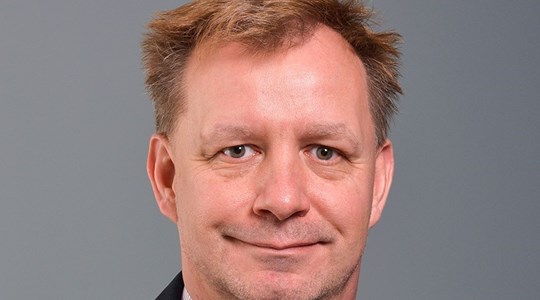
Ebara Elliott Energy offers a range of products for a sustainable energy economy
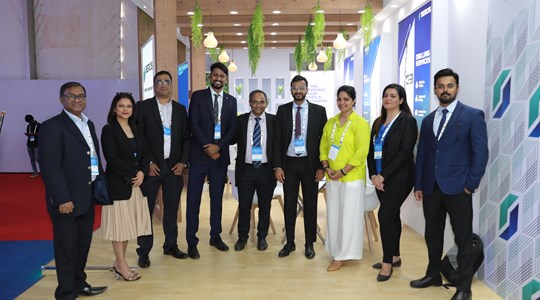
Essar outlines how its CBM contribution is bolstering for India’s energy landscape
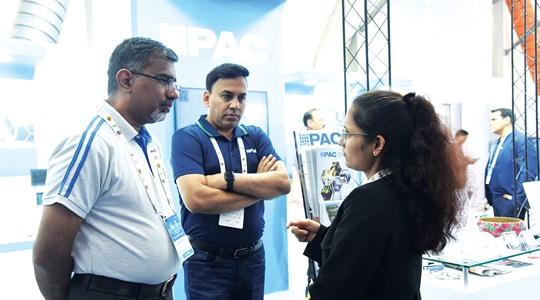
Positioning petrochemicals market in the emerging circular economy
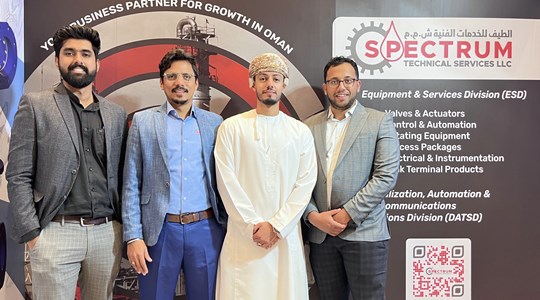
Navigating markets and creating significant regional opportunities with Spectrum
